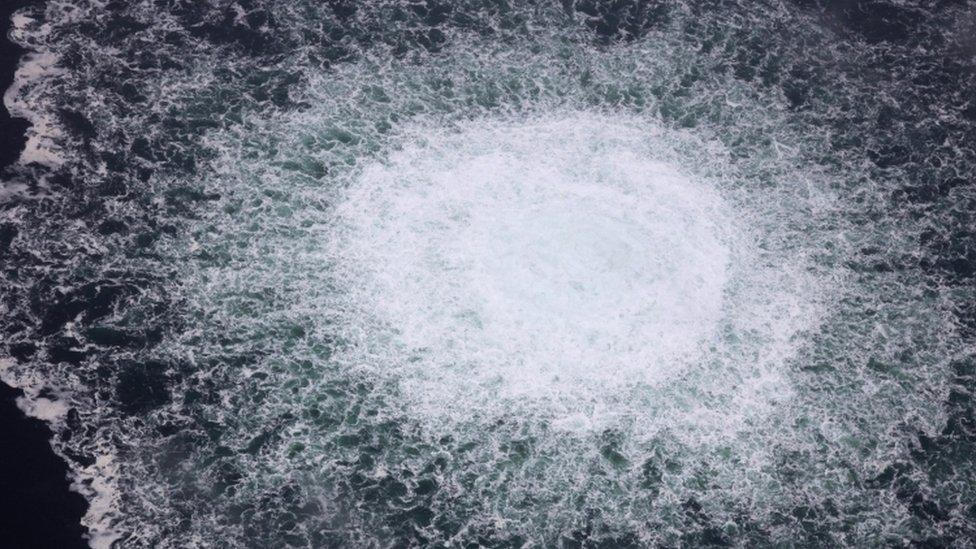Cutting energy prices will take years - power boss
- Published
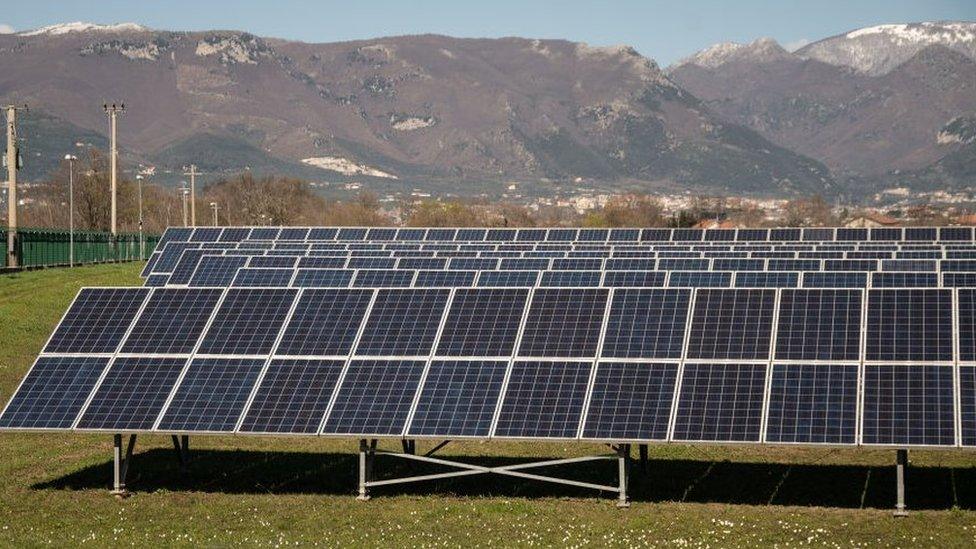
Enel is increasing production of solar panels to produce electricity such as those in use at its plant in Serre, Italy
It "will take years" to get energy prices back to pre-Ukraine war levels, the boss of one of the world's biggest energy firms has told the BBC.
Enel's Francesco Starace said bringing prices down depends on new sources of energy such as renewables and heat pumps.
Governments across Europe are spending billions helping business and households afford energy bills.
They are also scrambling to secure new supplies.
Mr Starace said the company, which produces and distributes electricity and gas, tried to shield its 20 million European customers from energy market volatility this year.
It did its best to stick to the fixed-price contracts it had agreed, he said.
Breaking customer trust would inflict greater damage on the firm than a hit on one year's results, he said.
The Italian energy giant sells power to more than 70 million homes and businesses in over 30 countries.
But Enel is planning to leave many of those countries as it focuses on renewable energy and becoming carbon neutral by 2040.
It also wants to cut its huge debts of around $63bn (£52bn).
It is investing heavily in making solar panels as it expands an existing factory in Sicily and builds a new one in the US.
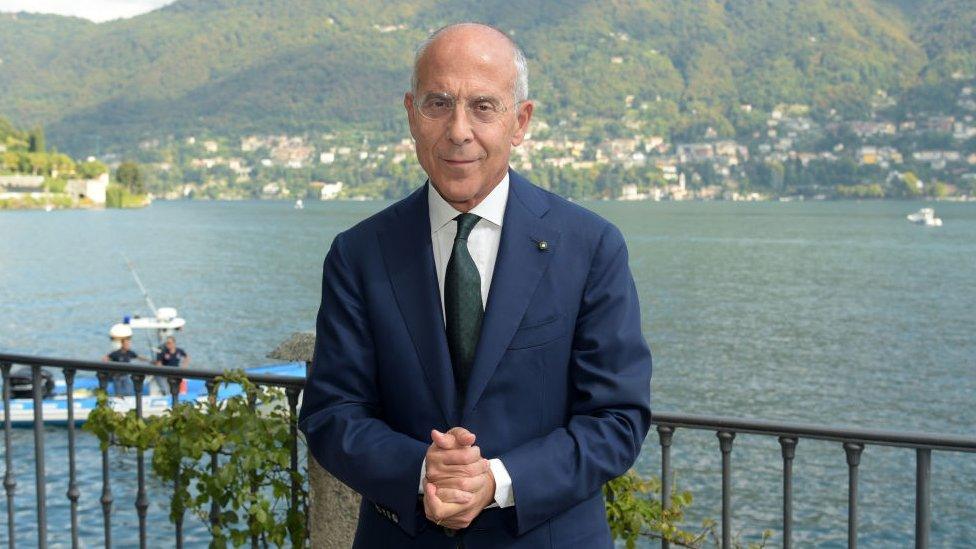
Enel's Francesco Starace says that new supplies of renewable energy are key to cutting prices
Soaring energy prices have been the biggest contributor to inflation and the cost of living crisis in the UK, the US and the Eurozone.
The global energy crisis triggered by Russia's invasion of Ukraine "showed very clearly how dependence on one single source of energy is dangerous for Europe", Mr Starace said.
The future will be "extremely decarbonised" and depend on nuclear and renewable energy, he said.
However, that shift to renewables also has risks.
In July, the International Energy Agency warned that China's dominance of the solar industry creates "potential challenges that governments need to address".
Mr Starace said the West has been over-reliant on China for renewables and other goods.
"Some rebalancing needs to be happening because it is unhealthy," he said, when asked about geopolitical tensions interfering with energy supplies.
This has helped drive Enel's investment in solar panels, although the expansion of the Sicilian factory will still meet only 10% of Europe's needs, he said.
Watch: Ros Atkins on...Russian gas and oil
Political leaders have also acknowledged that Europe needs to get its energy from more places.
According to the European Council on Foreign Relations, external, the EU and its member states have signed 56 energy deals with 23 countries this year.
Among the latest was a 15-year deal for Germany to get liquefied natural gas (LNG) from Qatar through a contract with ConocoPhillips.
Norway is also boosting natural gas production and the world's biggest producer, the US, has been pumping out record amounts, external.
This means the chances of Europe repeating its dependence on Russia with another country are "quite low", according to Megan Richards, a former director of energy policy at the European Commission.
"A lot of work has been done" to replace Russian energy, she added, before warning: "I think Europe will not be completely domestically independent for a very, very long time, if ever" even though "renewables will increase dramatically".
You can watch Francesco Starace's interview in full on Talking Business with Aaron Heslehurst on BBC iPlayer and on BBC World News on Sunday at 05:30 and 16:30 GMT and Monday at 08:30 GMT.
- Published11 November 2022
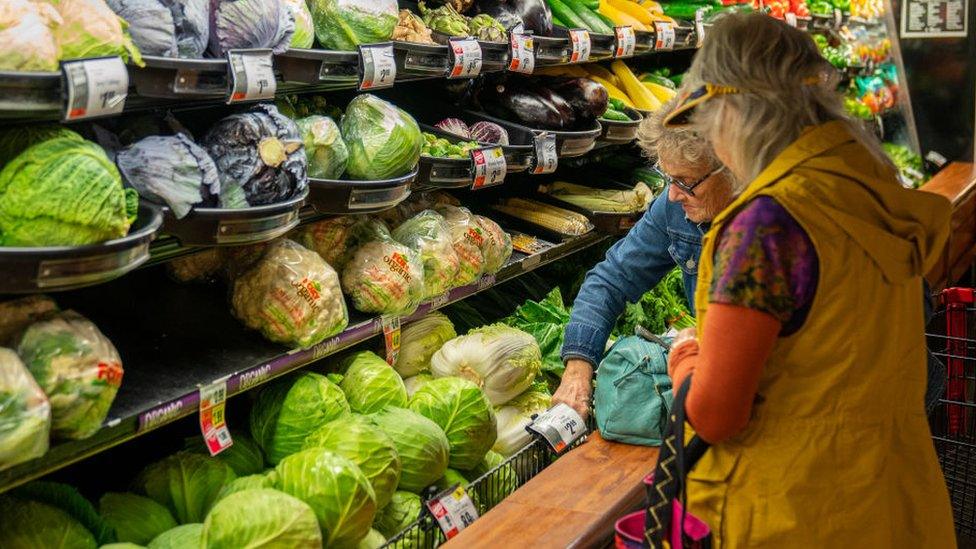
- Published26 October 2022
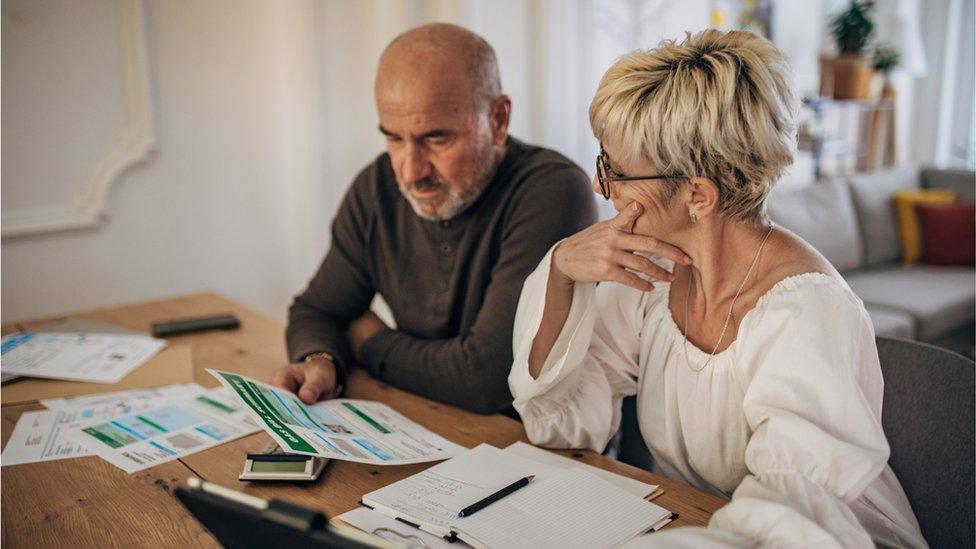
- Published30 September 2022
